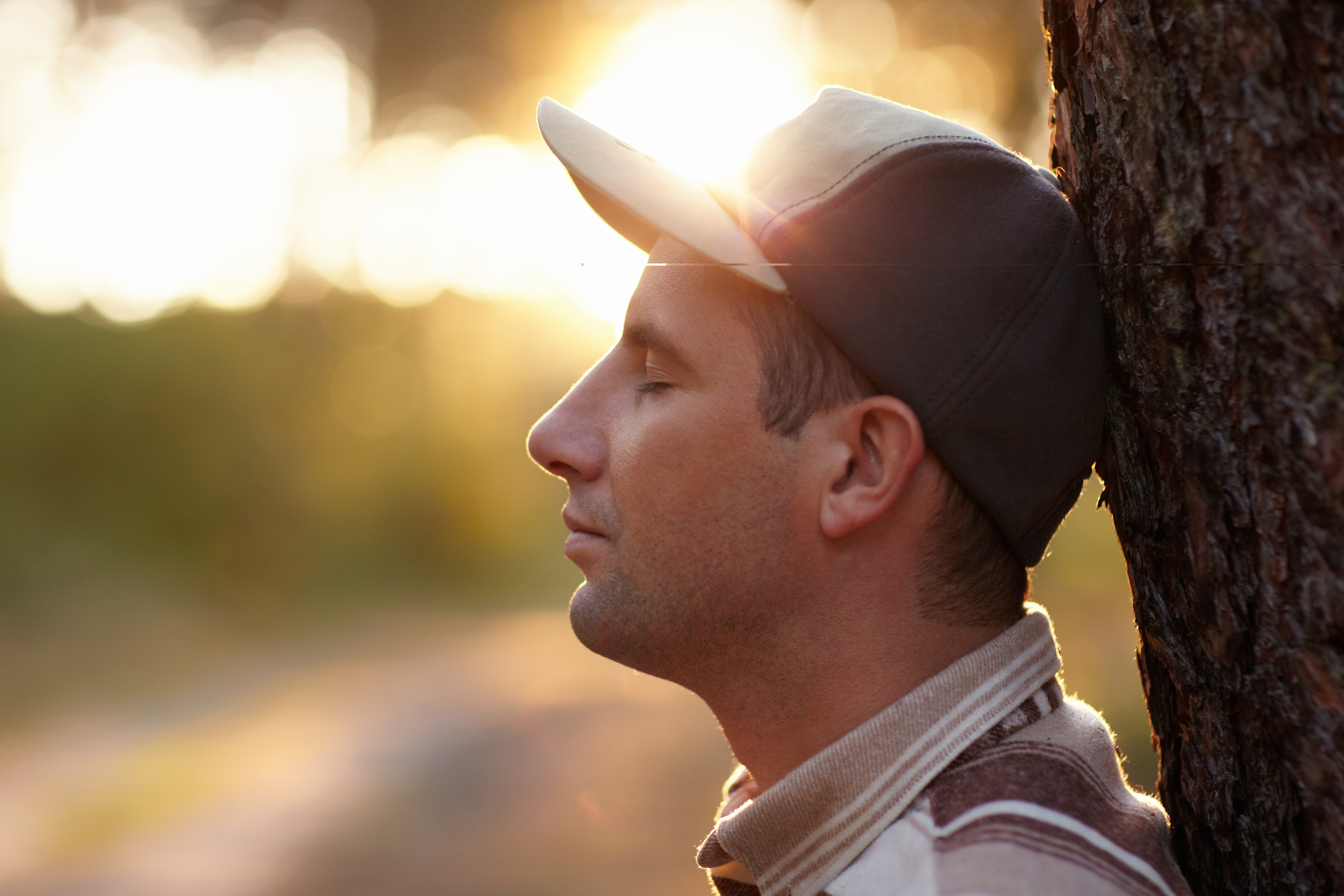
Dealing with triggers can be a daily challenge. There are healthy ways you can deal with triggers and the thoughts and feelings that accompany them. Triggers associated with addiction can be internal or external. It’s important to know the difference between the two.
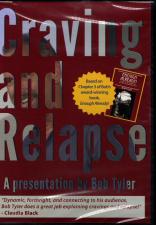 Relapse Prevention: A DVD About Craving and Relapse
Relapse Prevention: A DVD About Craving and Relapse
“Craving and Relapse,” was filmed in front of a live audience at Cal State University at Long Beach. Based on the time-tested Gorski Model of relapse prevention, this preventive DVD captures all the energy and enthusiasm of the presentation Bob’s been doing in universities, treatment programs, and conferences for over 25 years!
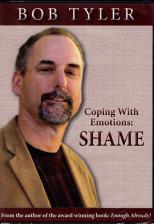 Coping with Emotions & Drug Addiction treatment: Shame
Coping with Emotions & Drug Addiction treatment: Shame
“In this emotional and thought-provoking presentation discussing Shame and drug addiction treatment , Bob provides recovering addicts and alcoholics essential tools for “mastering” shame and taming the “Shame Monster.”
Internal Triggers
Internal triggers are thoughts and feelings that can often lead to substance abuse or relapse.
Negative Emotions
Internal triggers can often include negative emotions, which are common triggers for relapse during your recovery journey. These negative emotions can cause you to experience the following:
- Stress
- Depression
- Frustration
- Fear
- Anxiety
- Guilt
- Grief
- Shame
Intrusive Thoughts
Intrusive thoughts and memories are also a part of internal triggers. These thoughts are often random and can lead to ideas that cause a relapse. Recognizing your intrusive thoughts can help you maintain your sobriety.
Memories
Painful and traumatic memories, such as childhood trauma and post-traumatic stress disorder (PTSD), are involuntary memories caused by sights, smells, or sounds. Other memories can include the use of a substance, which is also a trigger.
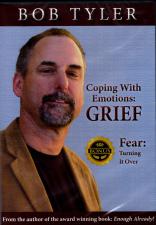 Coping with Emotions: Grief DVD
Coping with Emotions: Grief DVD
Order The Anonymous People on DVD from My 12 Step Store. This DVD is a documentary about the millions of Americans experiencing addiction and recovery.
The Relaxation and Stress Reduction Workbook broke new ground when it was first published in 1980, detailing easy, step-by-step techniques for calming the body and mind in an increasingly overstimulated world.
External Triggers
External triggers are those that are caused by the outside world. These triggers can be more difficult to deal with than internal triggers.
Social Situations
Social situations involve being around other people who consume one or multiple substances that can trigger cravings. These situations can include parties, sporting events, and similar environments.
Smells, Tastes, Sounds, and Sights
Song lyrics and TV shows can discuss or show substance abuse, which can stimulate your memories of past substance use. Smells and tastes can also be powerful triggers that stimulate memories and the feeling of using different substances.
Certain Living Conditions
Abusive home environments, marital issues, and lack of income can trigger substance use. If you can, try to correct as many issues as possible to prevent a relapse.
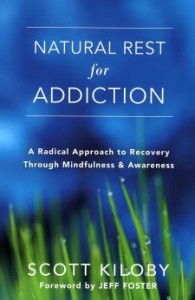 Addict In the House | Robin Barnett | Darren Kavinoky
Addict In the House | Robin Barnett | Darren Kavinoky
Freedom from addiction is available in the one place that’s the most difficult for an addict to be—the present moment. In Natural Rest for Addiction, non-duality teacher and addiction specialist Scott Kiloby offers his Natural Rest program for finding recovery from substance abuse—and addictions of all kinds—through the mindful practice of Resting Presence.
Handling Substance Abuse Triggers
Handling the triggers associated with substance abuse requires patience and determining which methods work best for you.
Create a Support Group
Reach out to your friends and relatives for support. These are the people who can help you stay on track when you’re feeling frustrated, depressed, and experiencing other emotions. Be open to discussing your thoughts and feelings, whether in a good or bad mood.
Celebrate Your Achievements
Pat yourself on the back every day you remain sober. Celebrate every week, month, or year you remain sober and give yourself the credit you deserve.
Make a List
Relapses happen. When you feel you’re headed down the wrong path, list the benefits you have from remaining sober and the cost of a relapse. Use this list as motivation to help you maintain your sobriety on the rough days.
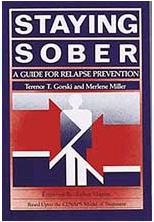 Staying Sober: A Guide for Relapse Prevention (Softcover)
Staying Sober: A Guide for Relapse Prevention (Softcover)
Staying Sober: A Guide for Relapse Prevention discusses the addictive disease and its physical, psychological, and social effects. They also identify sobriety-based symptoms, outline management techniques to lower the risk of withdrawal, and explore our mistaken beliefs about relapse to help us change our attitudes and behaviors.
Here at My 12 Step Store, we’re with you every step of the way on your journey to recovery, helping you celebrate.

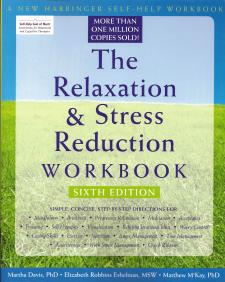 The Relaxation & Stress Reduction WORKBOOK – Home of the very best in recovery books and unique gifts
The Relaxation & Stress Reduction WORKBOOK – Home of the very best in recovery books and unique gifts